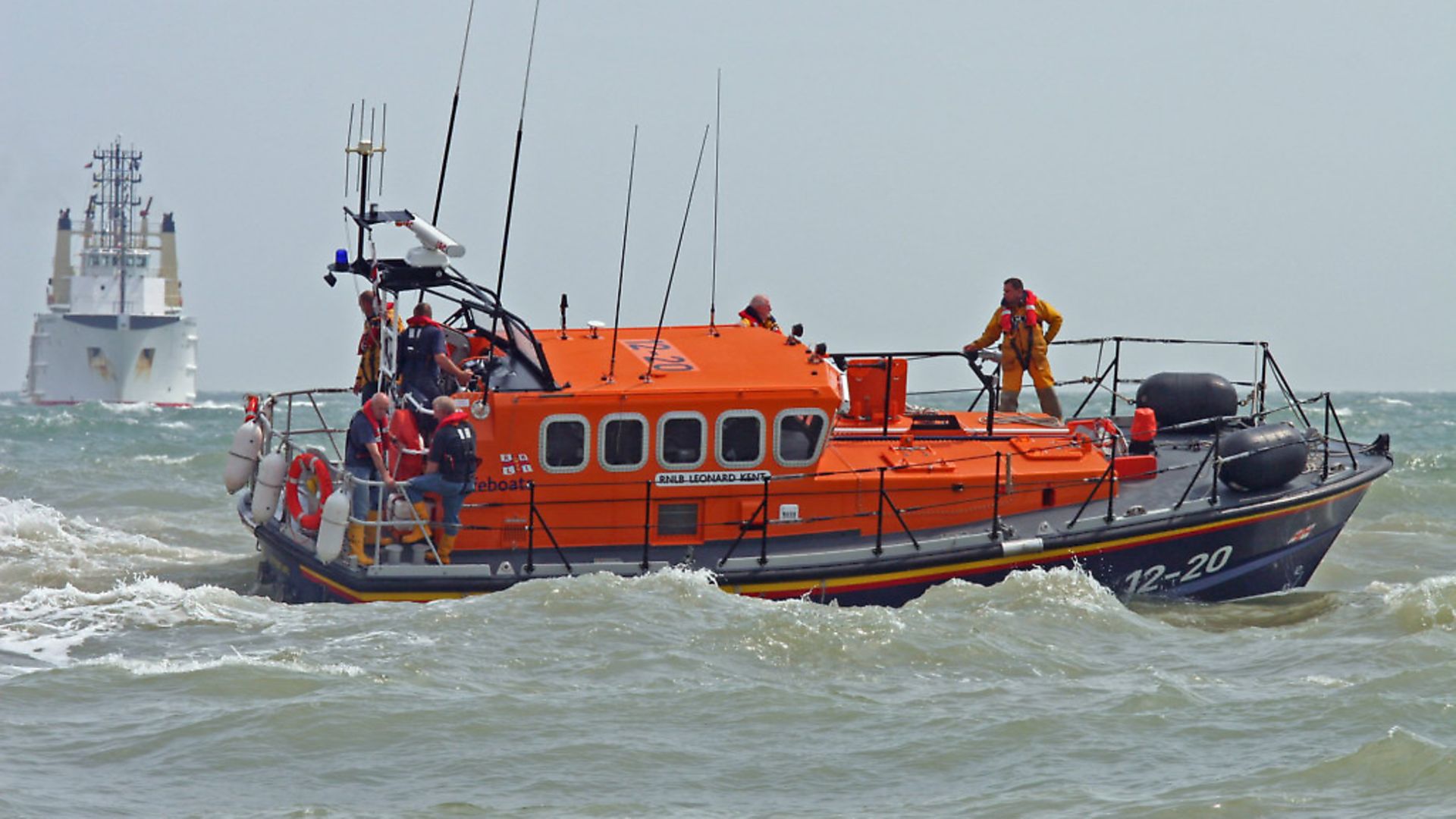
After articles appeared in the rightwing press about its international work, the Royal National Lifeboat Institution (RNLI) said it has had a spike in online donations – but others are withdrawing their support.
In response to the @MailOnline & @thetimes:we are proud of our international work. Its saves (mostly kids') lives. And we haven't kept it secret - it's in our annual report, on our website and in the media. We spend just 2% of our expenditure on this work: https://t.co/STztOxG1OP
— RNLI (@RNLI) September 15, 2019
The charity is currently handling “vast and ongoing” responses to the articles that were published over the weekend by the Times and the Mail on Sunday and said it doesn’t know how the charity will be impacted in the long term.
The charity came under scrutiny in the Times for its increased spending on international lifesaving projects, in a piece headlined: “RNLI funding burkinis for Africans while cutting jobs”.
This was quickly picked up and sensationalised further by the Mail on Sunday, which provoked some Twitter users to say they would no longer be donating.
But the RNLI quickly hit back in a tweet saying: “We are proud of our international work. Its saves (mostly kids’) lives. And we haven’t kept it secret – it’s in our annual report, on our website and in the media. We spend just 2% of our expenditure on this work.”
Maybe people angry about this can 'offset' the fraction of their RNLI donations that goes to saving lives overseas by also donating to a fund that actively helps finance the drowning of foreign children? You can then sleep soundly. Easy. https://t.co/sxZQCjKXIP
— Ben Machell (@ben_machell) September 16, 2019
The scrutiny on the charity included the fact that it would be cutting 134 jobs in the UK while its international spending had risen by around 10%.
In both articles there was repeated and prominent mention of the charity’s distribution of burkinis in Tanzania as part of a project to give swimming lessons to Muslim women and girls.
The fuss prompted Brexiteer MP Andrew Bridgen to comment to the Times that it “could have a detrimental effect on UK giving”.
“It is the Royal National Lifeboat Institution, not the Royal International Lifeboat Institution,” he added.
I've always thought it ridiculous that the @RNLI is not a publically funded emergency service anyway.
— Claire M (@putneyclaire) September 16, 2019
What they do at home and abroad is heroic.
This has spurred me on to donate.
You can too. https://t.co/tnLiFCQF8h#SupportTheLifeboats https://t.co/UNGxfigBfi
The MailOnline also quoted Tory MP Nigel Evans as saying the RNLI is “risking the reputation of the charity” with its international work.
Although the charity clarified that its international work is just 2% of its spending, which itself does not impact its domestic work, some people took to Twitter to declare that they would no longer be donating.
But the rightwing media hatchet job appears to have had a galvanising effect on others, who took to Twitter to say they’ve been inspired to donate in support.
“What they do at home and abroad is heroic,” said Twitter user Claire M. “This has spurred me on to donate.”
Times writer Ben Machell – not the article’s author – said: “Maybe people angry about this can ‘offset’ the fraction of their RNLI donations that goes to saving lives overseas by also donating to a fund that actively helps finance the drowning of foreign children? You can then sleep soundly. Easy.”
The charity says it still doesn’t know how the articles’ impact will play out in the longer term.
“We have been very encouraged to see a sharp increase in online donations, coupled with some very positive messages of support,” said a spokesperson.
“But this is such a polarising issue, and we have also received some very negative responses, including people contacting our supporter care team requesting to withdraw or reduce their support for the charity.
“The volume of responses we have received on this matter is vast and ongoing – the overall picture is changing constantly at the moment, so it may be several weeks before we have a full understanding of its impact on donations to the RNLI.”
Warning: Illegal string offset 'link_id' in /mnt/storage/stage/www/wp-includes/bookmark.php on line 357
Notice: Trying to get property 'link_id' of non-object in /mnt/storage/stage/www/wp-includes/bookmark.php on line 37






